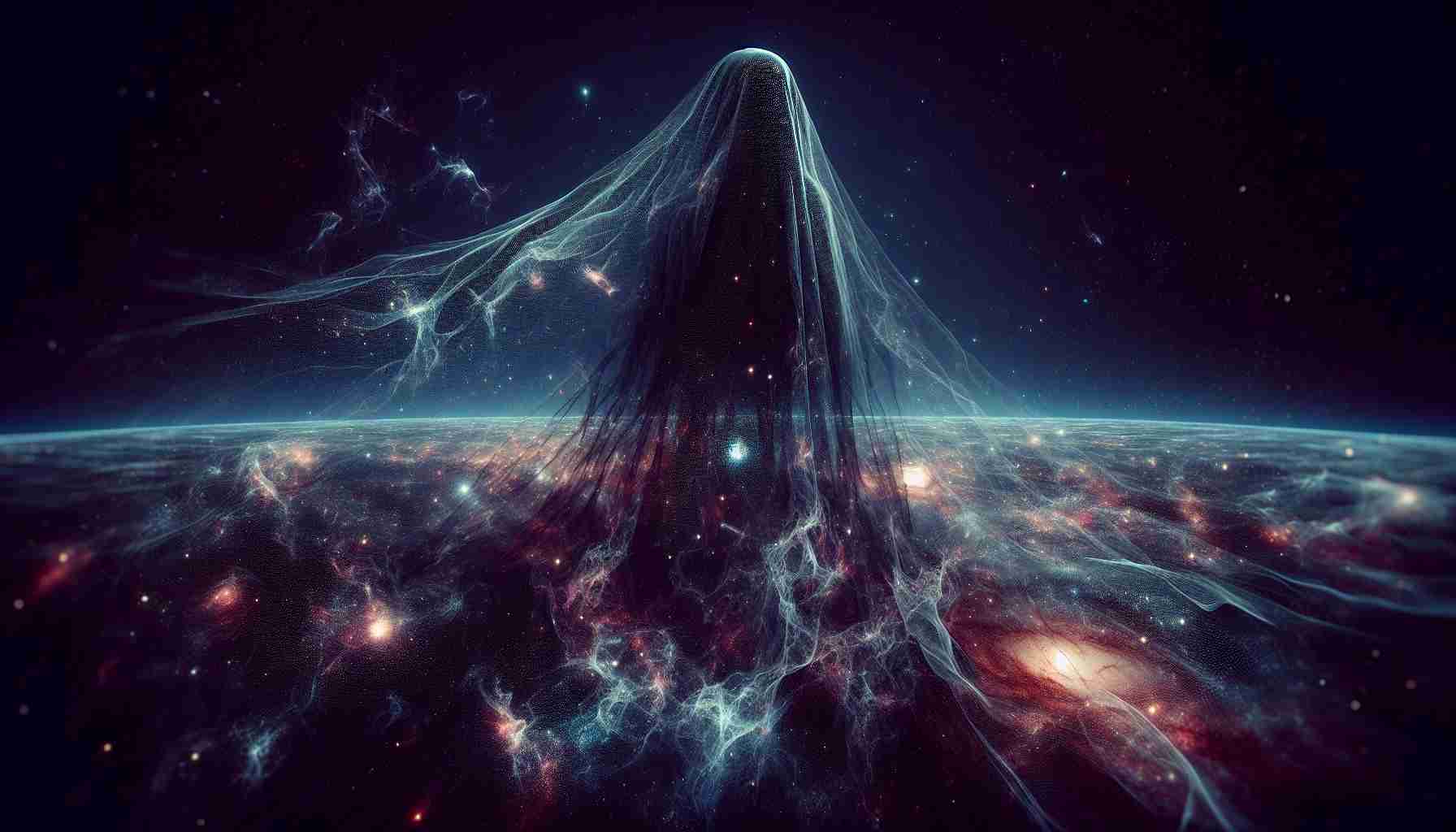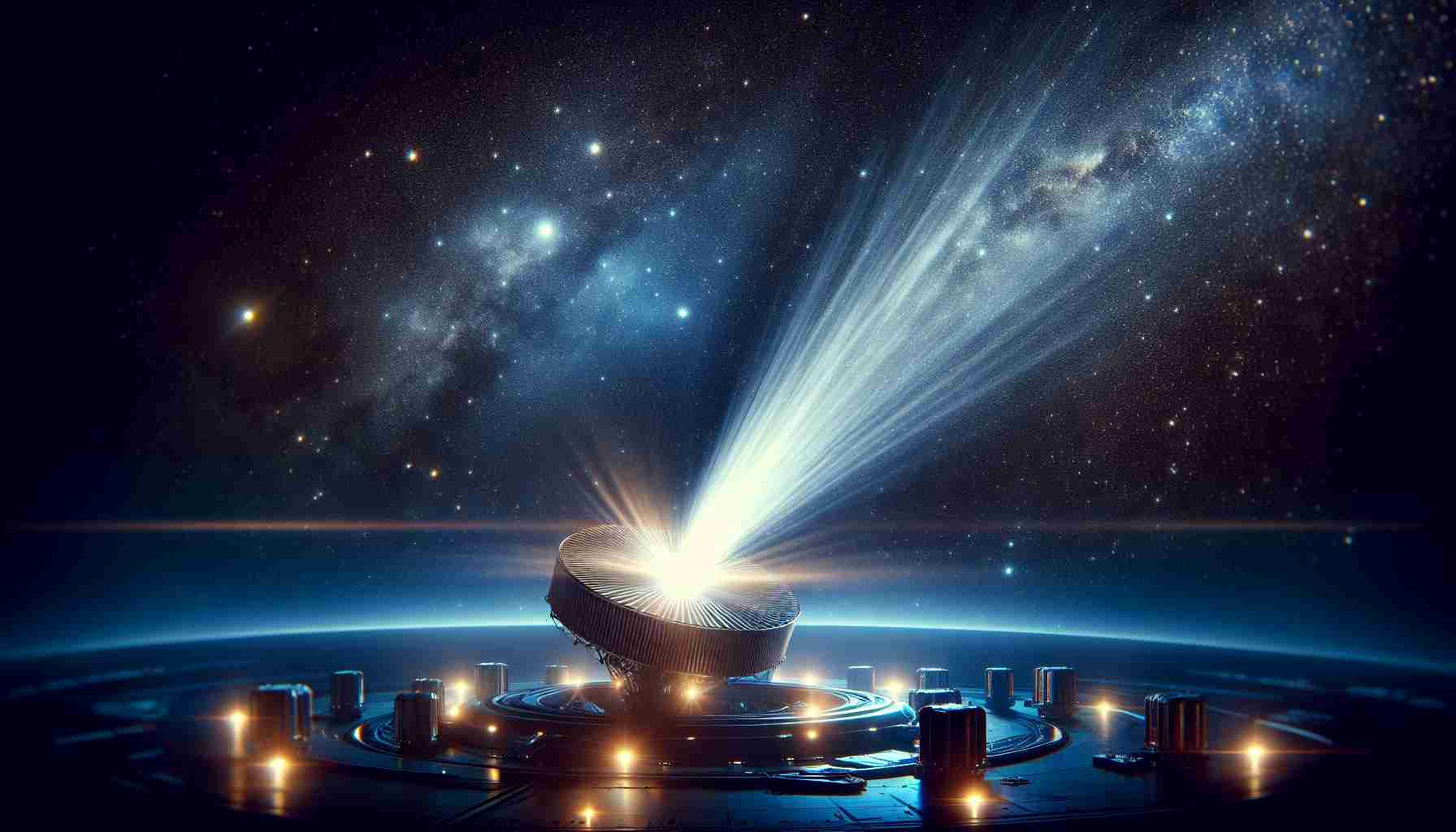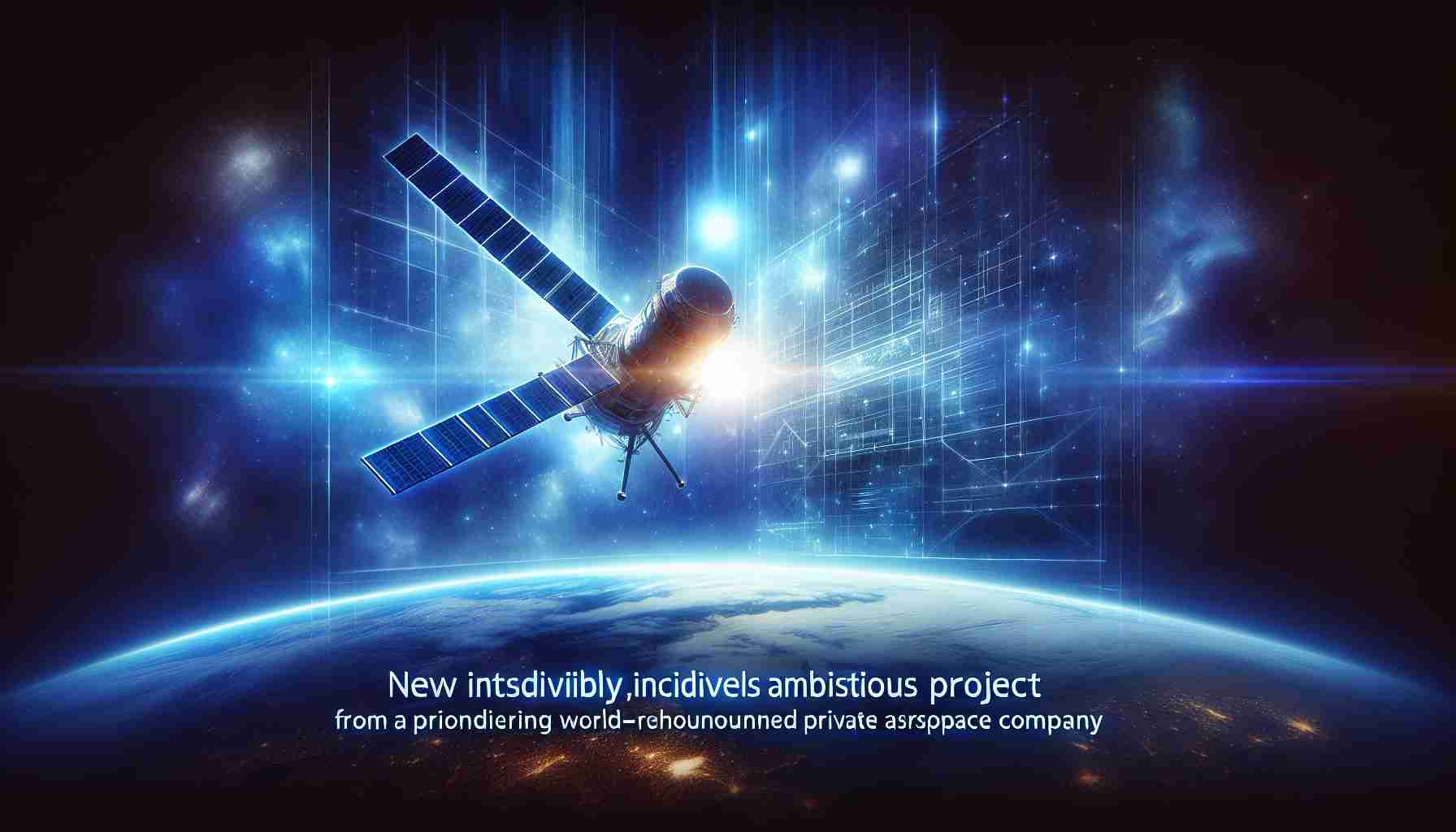Is Dark Energy Just an Illusion? New Model Suggests It Might Be.
Rethinking Cosmic Expansion: A Revolutionary Model
The enigmatic concept of dark energy, considered pivotal for the accelerating expansion of the Universe, is under scrutiny. A fascinating development in cosmology is challenging the traditional perspective on cosmic growth and might redefine our understanding of the cosmos.
The Cosmological Puzzle: Beyond Conventional Thought
Recent scientific surveys have unearthed inconsistencies in the measurement of the Universe’s expansion rate, termed as the Hubble tension. This anomaly highlights the potential shortcomings of the accepted model that treats dark energy as a constant force. These disparities have ignited discussions about possibly re-writing the principles of cosmic evolution.
Introducing the Timescape Model
A groundbreaking theory known as the Timescape model offers an alternate view by suggesting variable gravitational effects across cosmic regions, which could warp time perceptions. This implies that our understanding of the Universe’s expansion might be skewed, creating a false impression of dark energy’s consistent force.
Revisiting Data: The Insights Revealed
An analysis of the Pantheon+ dataset, a comprehensive collection of data from Type Ia supernovae, suggests slight preferences for the Timescape model. This model argues against the traditional notion of a homogeneous expansion driven by dark energy, proposing instead a more nuanced interaction of local gravitational effects.
Shaping the Future of Cosmic Research
If validated, the Timescape model could herald a paradigm shift in cosmology, prompting the reevaluation of fundamental equations and observational methods. This could pave the way for new interdisciplinary approaches, combining insights from diverse scientific fields to better understand cosmic dynamics.
A New Era for Cosmology
As debates continue, the prospect of overturning established cosmological views looms on the horizon. This burgeoning research could lead to significant breakthroughs, potentially reshaping humanity’s grasp of the Universe’s true nature and challenging the notion of dark energy as a cosmic constant.
Is Dark Energy Losing Its Grasp on Cosmic Expansion?
The Timescape model is shaking the foundations of cosmology, but what does this mean for the technological and scientific landscape? While dark energy has long been heralded as a key player in the Universe’s accelerated growth, this new model suggests that local gravitational variances could be the real architects behind what we perceive as expansion. This revelation could lead to a rethinking of how we approach the cosmos, from both an observational and a theoretical standpoint.
But why should we care? The implications of a universe not dominated by dark energy extend beyond philosophical discourse—it might redefine technological advancements in space exploration and observational technology. If dark energy is less pivotal than previously thought, future missions and telescopic innovations might shift focus, favoring technologies that delve deeper into local gravitational phenomena.
However, the Timescape model isn’t without its controversies. Critics argue that abandoning the dark energy concept could oversimplify cosmic dynamics or misinterpret data observations, highlighting a key disadvantage: the risk of throwing out a model that, while imperfect, has been foundational to modern cosmology.
On the flip side, if validated, could the Timescape model spur a renaissance in scientific inquiry? By calling into question well-established paradigms, it invites fresh perspectives and innovative approaches that could lead to breakthroughs across physics and mathematics fields.
Moreover, this model could catalyze cross-disciplinary collaborations, further enriching our cosmic understanding. Yet, the path forward is fraught with challenges and exciting possibilities, as humanity seeks to unravel the universe’s deepest secrets.
For more insights into technological and scientific advancements, explore NASA and Einstein Online.















Post Comment